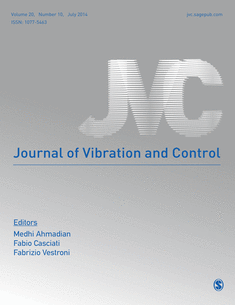 Sometimes plagiarism, like an onion, has layers.
Sometimes plagiarism, like an onion, has layers.
That appears to be the case in a paper brought to our attention by sharp-eyed reader Vladimir Baulin, whose work was copied in a 2006 paper that Journal of Biological Physics retracted for plagiarism.
But you can’t keep a good thief down: the plagiarizing authors just popped up in a new journal with a Chinese-language version of their retracted paper, that looks an awful lot like a knock-off. Here’s a note from Baulin: Continue reading Recursive plagiarism? Researchers may have published a duplicate of a study retracted for plagiarism
 A publication on a new, tastier dissolving tablet has been retracted for data errors. Here’s the brief
A publication on a new, tastier dissolving tablet has been retracted for data errors. Here’s the brief 


 This one comes to us from Twitter, where
This one comes to us from Twitter, where  Lawsuits are usually dry and boring, so it’s always fun to read one with a little life.
Lawsuits are usually dry and boring, so it’s always fun to read one with a little life. You’ve got to love when an author is willing to detail the specifics of an unhelpful retraction notice.
You’ve got to love when an author is willing to detail the specifics of an unhelpful retraction notice. Researchers at Qingdao University have fully retracted a paper originally published in Molecular Medicine Reports with a clear, detailed outline of what went wrong and how they discovered the error.
Researchers at Qingdao University have fully retracted a paper originally published in Molecular Medicine Reports with a clear, detailed outline of what went wrong and how they discovered the error. ow.”
ow.”